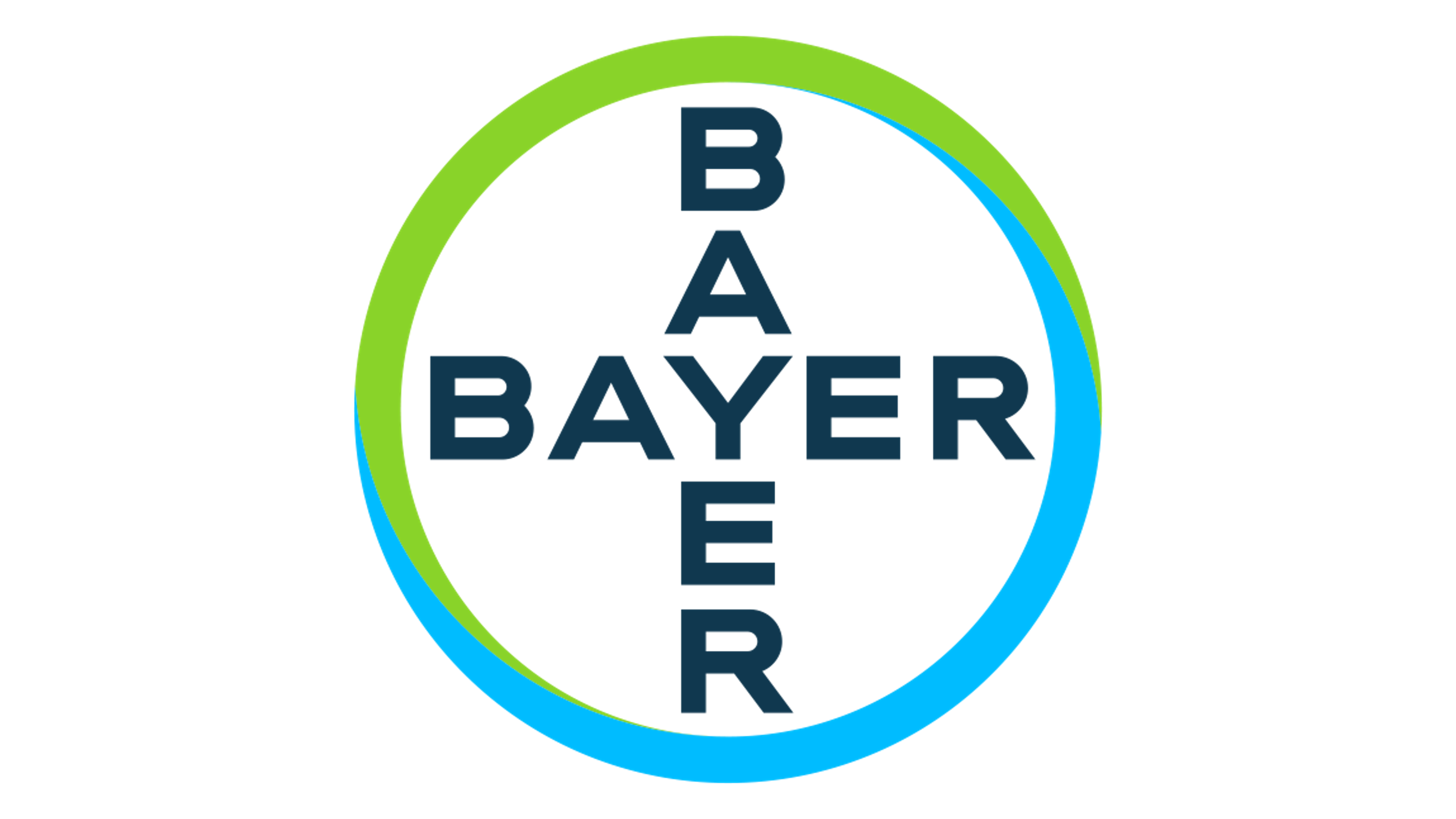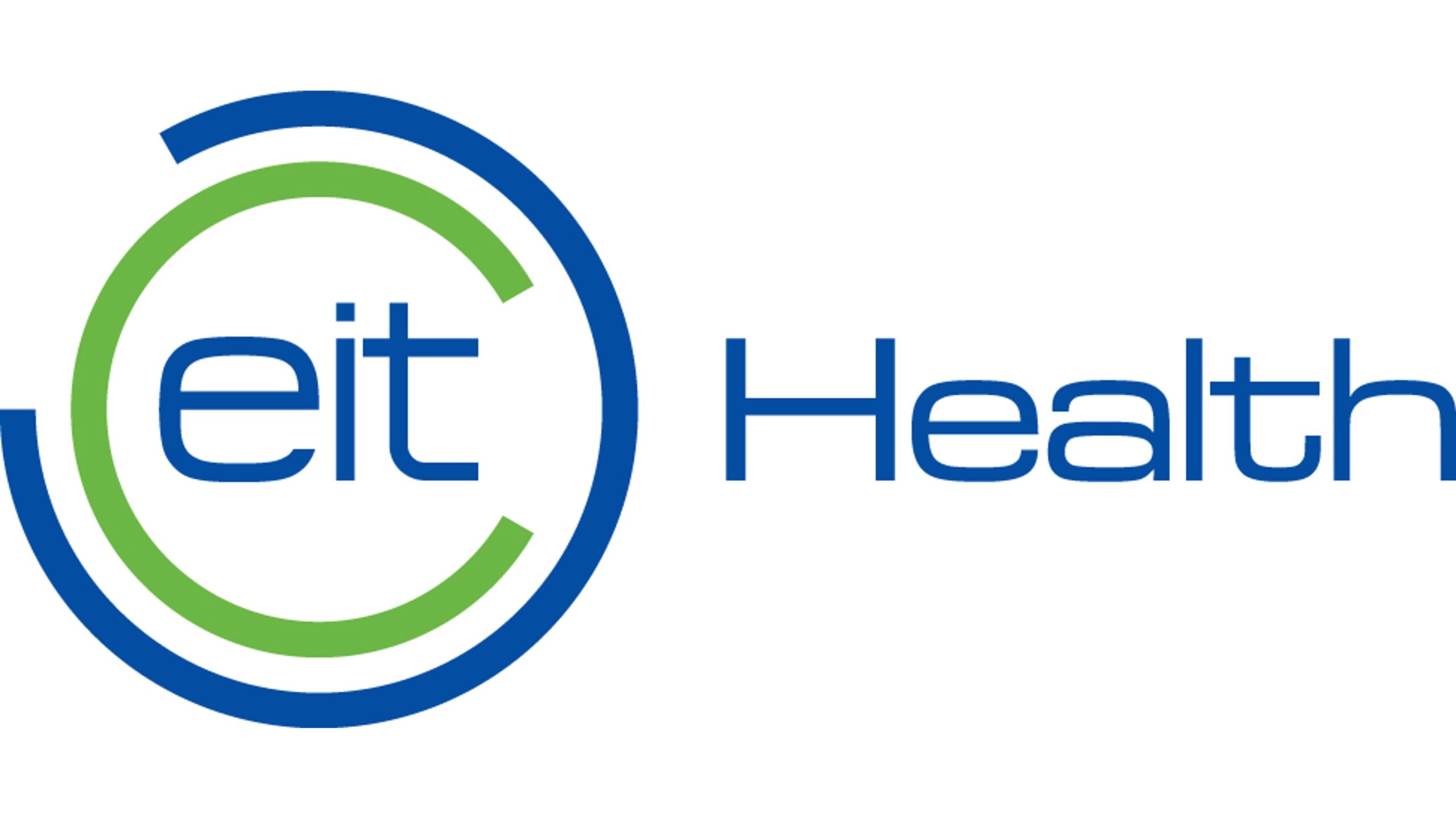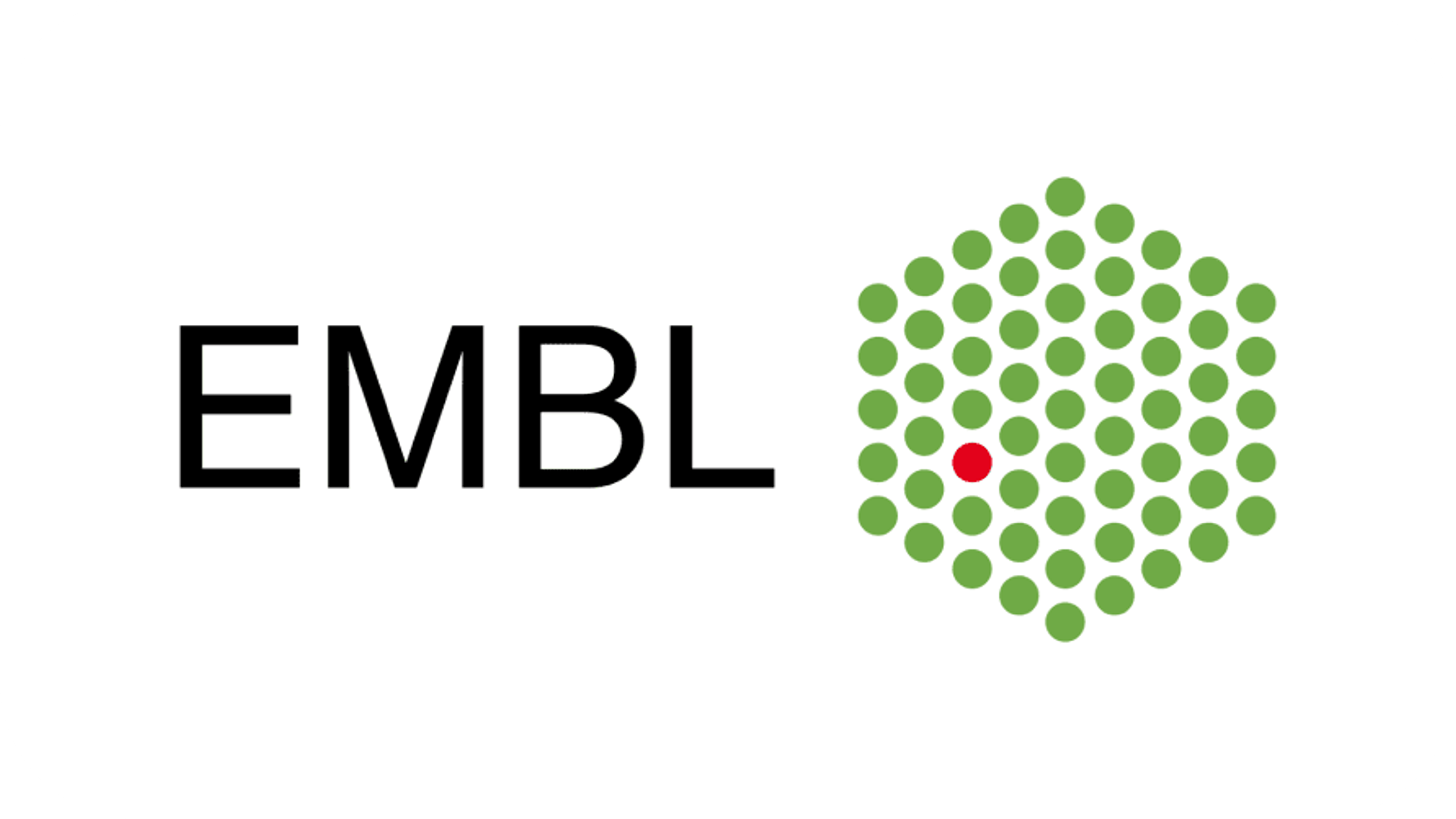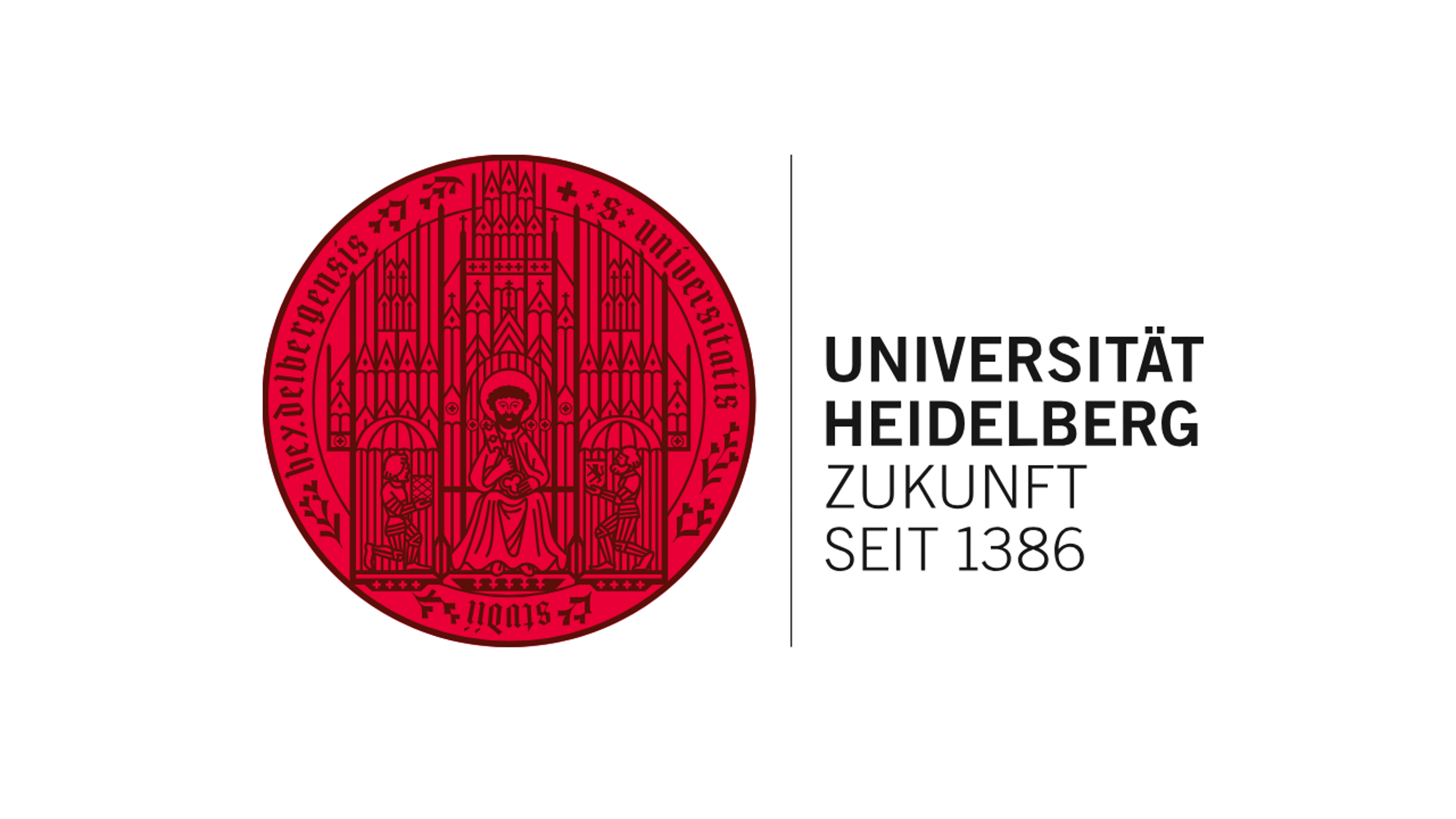Heart drug Beyonttra™ (acoramidis) approved in EU for treatment of transthyretin amyloidosis in adults with cardiomyopathy

Approval based on positive results from Phase III ATTRibute-CM study / Beyonttra™ is a near-complete (≥90%) stabilizer of transthyretin (TTR) minimizing amyloid formation / Phase III ATTRibute-CM study with Beyonttra™ has shown clear benefits on cardiovascular endpoints already starting as early as 3 months after treatment initiation.
Berlin, February 11, 2025 – The European Commission has granted marketing authorization in the European Union (EU) for acoramidis, under the brand name Beyonttra™, for the treatment of wild-type or variant transthyretin amyloidosis in adult patients with cardiomyopathy (ATTR-CM). ATTR-CM is a progressive fatal disease characterized by infiltrative, restrictive cardiomyopathy resulting in heart failure. Patients with ATTR-CM face an ongoing risk of disease progression caused by continued amyloid deposition in the heart. Beyonttra is a selective small molecule, orally administered near-complete (≥90%) transthyretin (TTR) stabilizer.
“Beyonttra is an important advancement broadening the therapeutic landscape of ATTR-CM, an underdiagnosed, progressive heart disease caused by the destabilization of transthyretin, leading to amyloid buildup in the heart, which can result in heart failure and arrhythmias,” said Marianna Fontana, Professor of Cardiology at University College London (UCL) and Honorary Consultant Cardiologist at the National Amyloidosis Centre, UK. “Ongoing advancements in treatment are important because they have the potential to significantly improve outcomes in this fatal disease. Beyonttra was specifically developed to decelerate symptom progression and improve outcomes in patients with ATTR-CM by providing near-complete stabilization of transthyretin.”
“Heart failure remains one of the most pressing challenges in global healthcare, with conditions like ATTR-CM often an undiagnosed cause. The EU approval of Beyonttra marks an important milestone bringing renewed optimism for patients living with ATTR-CM and offers physicians an additional fast-acting treatment option to protect these vulnerable patients by reducing their risk of cardiovascular events and slowing disease progression,” said Christine Roth, Executive Vice President, Global Product Strategy and Commercialization and Member of the Pharmaceuticals Leadership Team at Bayer. “We are dedicated to working closely with healthcare providers and regulatory bodies to ensure timely access to this therapy.”
The approval of Beyonttra (acoramidis) in the EU is based on the pivotal results of the ATTRibute-CM study. The Phase III trial investigated the efficacy and safety of acoramidis (compared to placebo) in patients with ATTR-CM. Acoramidis was superior to placebo in reducing the composite of all-cause mortality (ACM) and cardiovascular-related hospitalizations (CVH). Acoramidis demonstrated near-complete TTR stabilization thus reducing toxic amyloid precursors and minimizing amyloid formation. In the Phase III ATTRibute-CM study, acoramidis has shown clear benefits on cardiovascular endpoints starting as early as 3 months after treatment initiation.
As a follow-up to the pivotal Phase III study, the OLE (Open-Label Extension) data for acoramidis demonstrated a relative risk reduction in ACM of 34% by 42 months, highlighting its potential to improve long-term survival outcomes. Additionally, the OLE study underscores the early benefit in patients who switched from placebo to acoramidis at 30 months, further underscoring the efficacy of acoramidis in stabilizing TTR and offering a promising treatment option for those living with ATTR-CM.
Following this EU approval, Bayer will launch acoramidis in Europe in the first half of this year. Acoramidis, developed by BridgeBio Pharma, Inc. (Nasdaq: BBIO), was approved by the Food and Drug Administration (FDA) for the U.S. in November 2024 with a label specifying near-complete stabilization of TTR. BridgeBio holds the marketing rights for acoramidis in the U.S., while Bayer holds the exclusive marketing rights for the product in Europe.
Since March 2024, Bayer and BridgeBio have pursued a collaboration for acoramidis in Europe. This partnership leverages Bayer’s long legacy of expertise in cardiovascular disease and its established European cardiovascular infrastructure paired with BridgeBio’s leadership in the emerging field of ATTR-CM.
About ATTR-CM
Transthyretin amyloid cardiomyopathy (ATTR-CM) is a progressive and fatal disease, characterized by the deposition of abnormal protein in the heart muscle. It occurs when a tetrameric protein called transthyretin (TTR) becomes unstable, caused by an inherited mutation in the TTR gene or due to aging, and dissociates into monomers. These monomers misfold, aggregate, and form amyloid fibrils that deposit in the heart muscle, leading eventually to heart failure. The disease is often diagnosed late, when the accumulation of amyloid has already occurred, and patients are symptomatic. Once diagnosed, ATTR-CM patients have a median survival of 3-5 years if left untreated.
About Beyonttra™ (acoramidis) and the Phase III study results
Beyonttra™ is a selective small molecule, orally administered near-complete (≥90%) transthyretin (TTR) stabilizer. Beyonttra was designed to provide effective TTR tetramer stabilization by mimicking a naturally occurring “protective mutation” of the TTR gene (T119M) that targets the root cause of ATTR-CM, destabilization of the native TTR tetramer. Acoramidis has demonstrated near-complete (≥90%) TTR stabilization, minimizing amyloid formation. In the Phase III ATTRibute-CM study, acoramidis has shown clear benefits on cardiovascular endpoints.
In the Phase III ATTRibute-CM study, acoramidis met the primary endpoint. The trial investigated the efficacy and safety of acoramidis (given twice daily compared to placebo) in patients with ATTR-CM.
When compared to placebo, acoramidis twice daily was superior demonstrating a rapid and sustained clinical benefit on the composite endpoint of all-cause mortality and cardiovascular-related hospitalization (CVH) in ATTR-CM patients through month 30:
- Significant benefit in the primary endpoint
- 36% risk reduction in the combined endpoint of all-cause mortality or first cardiovascular hospitalization vs placebo at 30 months, showing benefits already after starting as early as 3 months of treatment initiation (secondary endpoint)
- 50% relative risk reduction in annualized cardiovascular hospitalizations compared to placebo at 30 months (secondary endpoint)
Beyonttra is generally well-tolerated.
As a follow-up to the pivotal Phase III study, the OLE (Open-Label Extension) data for acoramidis demonstrated a 34% relative risk reduction in all-cause mortality vs placebo at 42 months highlighting its potential to improve long-term survival outcomes.
About Bayer’s Commitment in Cardiovascular Diseases
Bayer is a leader in cardiology and is advancing a portfolio of innovative treatments in cardiovascular (CV) diseases of high unmet medical need. The strategy is to unlock the strong potential of the future CV market by transforming Bayer’s portfolio into precision cardiology, addressing the high CV disease burden, and driving the long-term growth. Bayer’s portfolio already includes several innovative products and compounds in various stages of preclinical and clinical development.
About Bayer
Bayer is a global enterprise with core competencies in the life science fields of health care and nutrition. In line with its mission, “Health for all, Hunger for none,” the company’s products and services are designed to help people and the planet thrive by supporting efforts to master the major challenges presented by a growing and aging global population. Bayer is committed to driving sustainable development and generating a positive impact with its businesses. At the same time, the Group aims to increase its earning power and create value through innovation and growth. The Bayer brand stands for trust, reliability and quality throughout the world. In fiscal 2023, the Group employed around 100,000 people and had sales of 47.6 billion euros. R&D expenses before special items amounted to 5.8 billion euros. For more information, go to www.bayer.com.
Find more information at https://pharma.bayer.com
Follow us on Facebook: http://www.facebook.com/bayer
Follow us on LinkedIn: Bayer | Pharmaceuticals
Forward-Looking Statements
This release may contain forward-looking statements based on current assumptions and forecasts made by Bayer management. Various known and unknown risks, uncertainties and other factors could lead to material differences between the actual future results, financial situation, development or performance of the company and the estimates given here. These factors include those discussed in Bayer’s public reports which are available on the Bayer website at www.bayer.com. The company assumes no liability whatsoever to update these forward-looking statements or to conform them to future events or developments.




